Children’s of Mississippi home to ACPA-certified craniofacial care team
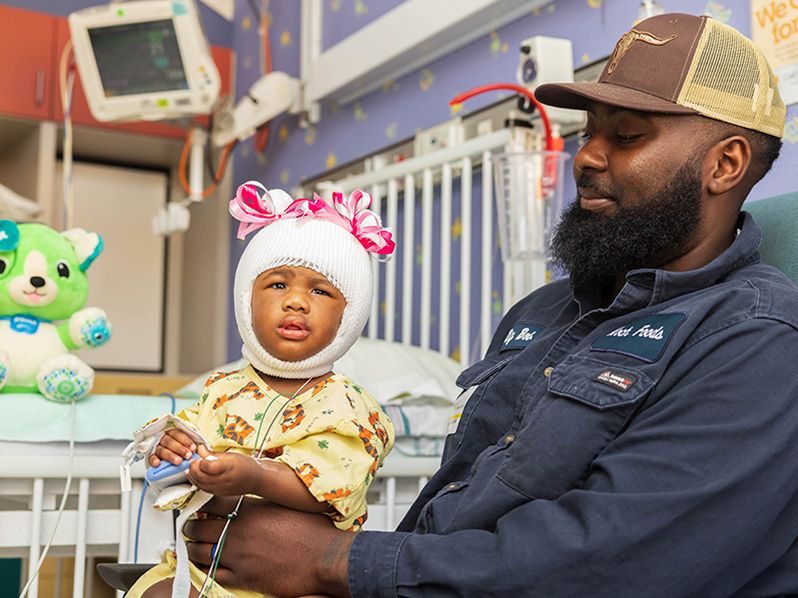
Children who need craniofacial surgery as part of treatment for injury or a genetic condition have never had more experts in their corner.
The Stephanie and Mitchell Morris Center for Cleft and Craniofacial Research and Innovation at Children’s of Mississippi includes a monthly clinic with a craniofacial care team certified by the American Cleft Palate Craniofacial Association. The clinic, part of the Kathy and Joe Sanderson Tower, includes experts in plastic surgery, neurosurgery, ophthalmology, otolaryngology, oral-maxillofacial surgery, dentistry, audiology, speech therapy, genetics, psychology and social work.
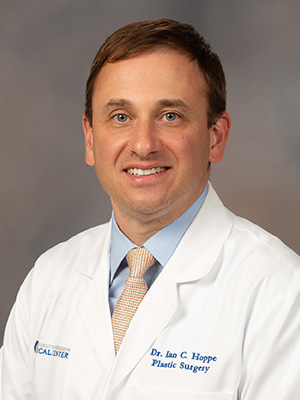
“That’s what these children need,” said Dr. Ian Hoppe, associate professor of plastic surgery and surgeon-in-chief of Children’s of Mississippi. “That is the standard of care, and our patients deserve this level of expertise.”
The craniofacial care team, which cares for children who have had or will have transcranial procedures, offers patients and their families the convenience of seeing multiple physicians during one visit.
“This brings all the specialists a patient needs to one appointment,” Hoppe said. “A child and family can stay in an exam room, and the specialists come to them, so it’s an easier visit and one appointment instead of many.”
Among the conditions treated are Apert syndrome, a rare genetic syndrome that includes the early fusion of the skull, hand and feet bones, and craniosynostosis, a condition in which a baby’s skull fuses together too early, limiting room for the child’s growing brain.
Taylor Dudley of Ridgeland visited the clinic in February after having craniosynostosis surgery the month before. Her protective post-surgery head wrap, a specialty of the center that includes bows and “teddy bear ears,” was gone.
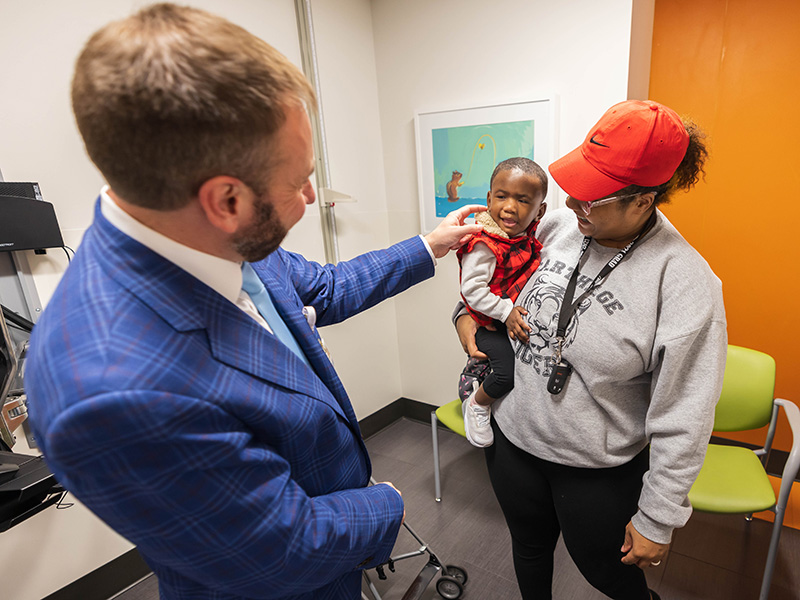
Dr. Ian Hoppe greets patient Taylor Dudley of Ridgeland and her mom, De'Andrea Morris during a follow-up visit.
“Taylor’s healing process has been amazing,” said her mother, De’andrea Morris. She’s thriving and back to her normal self. Our care at Children’s of Mississippi has been wonderful. The staff is caring and made sure all our questions were answered.”
Craniosynostosis, occurring in about one in 2,500 births, can result from a genetic disorder. Studies from the U.S. Centers for Disease Control and Prevention suggest that maternal thyroid disease and some medications can be risk factors for craniosynostosis. Apert syndrome appears in about one in 65,000 to 88,000 births.
“Those are conditions we frequently see, but there are other conditions as well as accidents and injuries that can result in a child needing craniofacial surgery,” he said. “We treat the children who need us.”
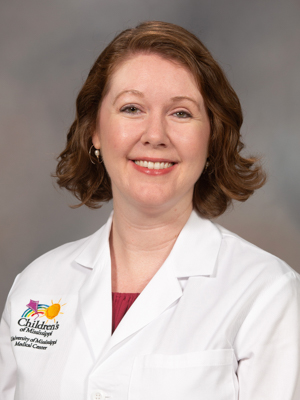
Pediatric psychologist Dr. Cynthia Karlson is among the craniofacial care team members. “We care for children ranging from infants to early middle school students,” she said. “We support parents who are in the scary experience of having a newborn with medical concerns, and we screen for developmental disabilities. As children become elementary-aged, we give patients and their parents information on how to handle questions as well as how to handle any teasing or bullying.”
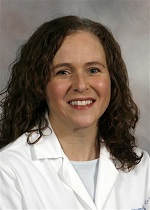
Speech language pathologist Kara Gibson works with patients who may have difficulty speaking and screens them for potential problems. “Since craniofacial patients are at risk for delays in speech and language development, as well as articulation disorders and other speech-language disorders, I ask them questions to see if I can engage them in conversation and ask their parents questions about their speech as well to find out if their speech-language skills are age-appropriate.”
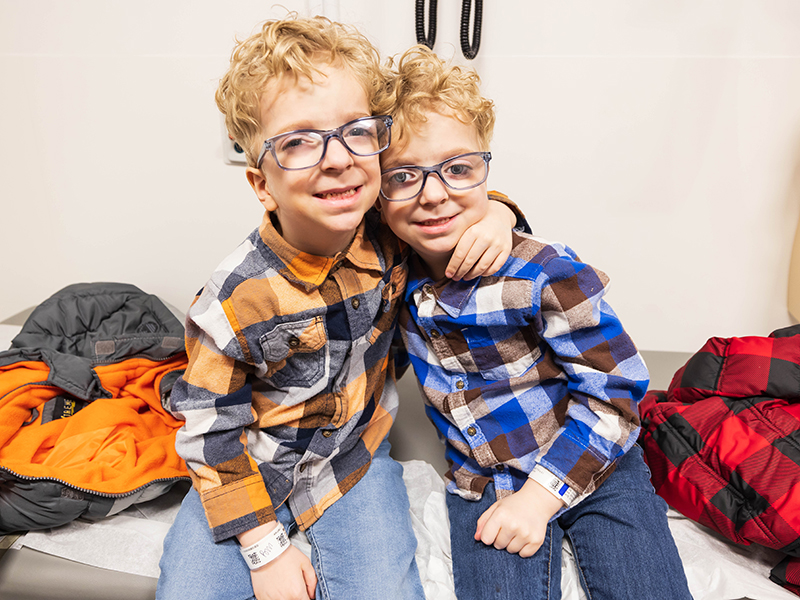
Twin brothers Travis, left, and Lucas Myrick of Ellisville smile during their visit to Children's of Mississippi's craniofacial clinic at the Kathy and Joe Sanderson Tower.
The Myrick brothers, twins Travis and Lucas of Ellisville, had the same type of surgery in 2020 and were at the clinic recently for their annual check-up.
“We love Dr. Hoppe and Dr. Shiflett,” said their mother, Bailey Myrick. “They’re always so thorough and always have had time to answer questions. We’ve always been treated with compassion.”


